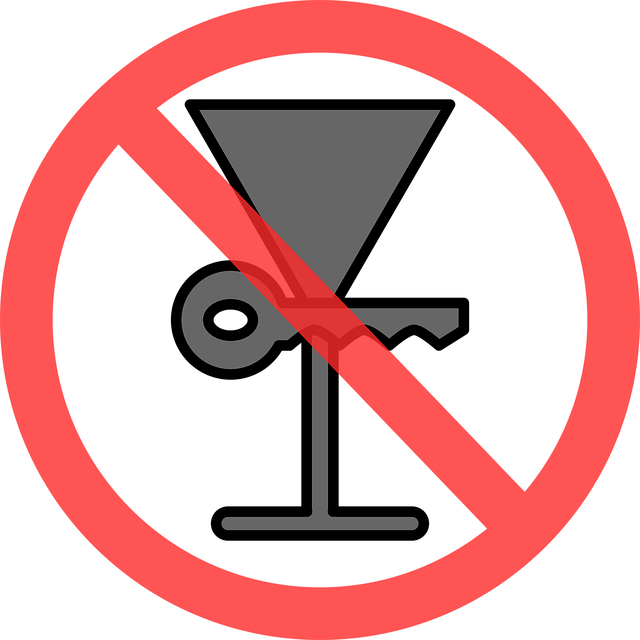In rural areas with low population densities and limited public transit, promoting alternative transportation options like designated drivers, ride-sharing networks, e-bikes, and scooters is vital to reduce drunk driving risks. Urban environments, characterized by high density and robust public transport, employ targeted enforcement and roadblock strategies along with readily available alternatives to personal vehicles, resulting in lower DUI rates. Urban planning practices offer valuable insights that rural communities can adopt to enhance their transportation landscapes.
In the realm of DUI (Driving Under the Influence) laws, rural and urban areas present distinct challenges. While urban centers have well-established public transportation networks, rural regions often rely on personal vehicles. Understanding these differences is crucial for effective enforcement and mitigating risks. This article delves into the key distinctions between rural and urban DUI regulations, focusing on alternative transportation options available in each setting to promote safe driving practices. By exploring these variations, we aim to enhance road safety across diverse landscapes, emphasizing the role of accessible and viable Alternative Transportation Options.
- Understanding Rural and Urban DUI Laws: Key Differences
- Exploring Alternative Transportation Options in Each Setting
Understanding Rural and Urban DUI Laws: Key Differences

In rural areas, DUI laws often reflect the region’s unique challenges and demographics. With lower population densities, law enforcement may employ different strategies compared to urban centers. One notable difference is the emphasis on alternative transportation options; in rural settings, with limited public transit, individuals might rely more heavily on personal vehicles, even for short distances. This reality can influence how authorities approach DUI prevention and enforcement.
Urban environments present distinct dynamics due to high population density and well-established public transportation systems. Law enforcement agencies here often focus on deterring driving under the influence by targeting areas with known party hotspots or implementing strict roadblock strategies. Unlike rural regions, urban alternatives for transportation are abundant, ranging from ride-sharing services to efficient subway systems, which can help reduce the overall demand for personal vehicles and subsequently, potential DUI incidents.
Exploring Alternative Transportation Options in Each Setting

In rural areas, where distances between destinations can be vast and public transportation is often limited, exploring alternative transportation options becomes essential. Residents may rely on personal vehicles for daily commutes, which can lead to increased drunk driving risks due to isolation and reduced access to designated drivers or ride-sharing services. To mitigate this, communities in rural settings could promote and invest in initiatives like designated driver programs, community-based ride-sharing networks, or even encouraging the use of electric bikes or scooters for shorter distances. These alternatives not only reduce the likelihood of DUI incidents but also foster a more sustainable and healthier lifestyle.
In contrast, urban environments offer a plethora of alternative transportation options that can significantly impact DUI laws. Well-developed public transit systems, including buses, trains, and subways, coupled with ride-sharing services like taxis and Uber, provide safe and readily available alternatives to driving under the influence. Urban planning also plays a role by designing walkable neighborhoods and implementing cycling infrastructure, encouraging active transportation that keeps residents mobile without relying on cars. These factors contribute to lower DUI rates in urban areas and offer valuable insights for rural communities aiming to improve their own transportation landscapes.
In understanding the nuances of rural and urban DUI laws, it’s clear that each environment presents unique challenges. Rural areas often lack public transportation, making alternative Alternative Transportation Options crucial for safety, while urban centers have more extensive options but face the challenge of managing high traffic. Adaptability in enforcement and accommodation of these differing landscapes is key to ensuring road safety for all, regardless of location.






